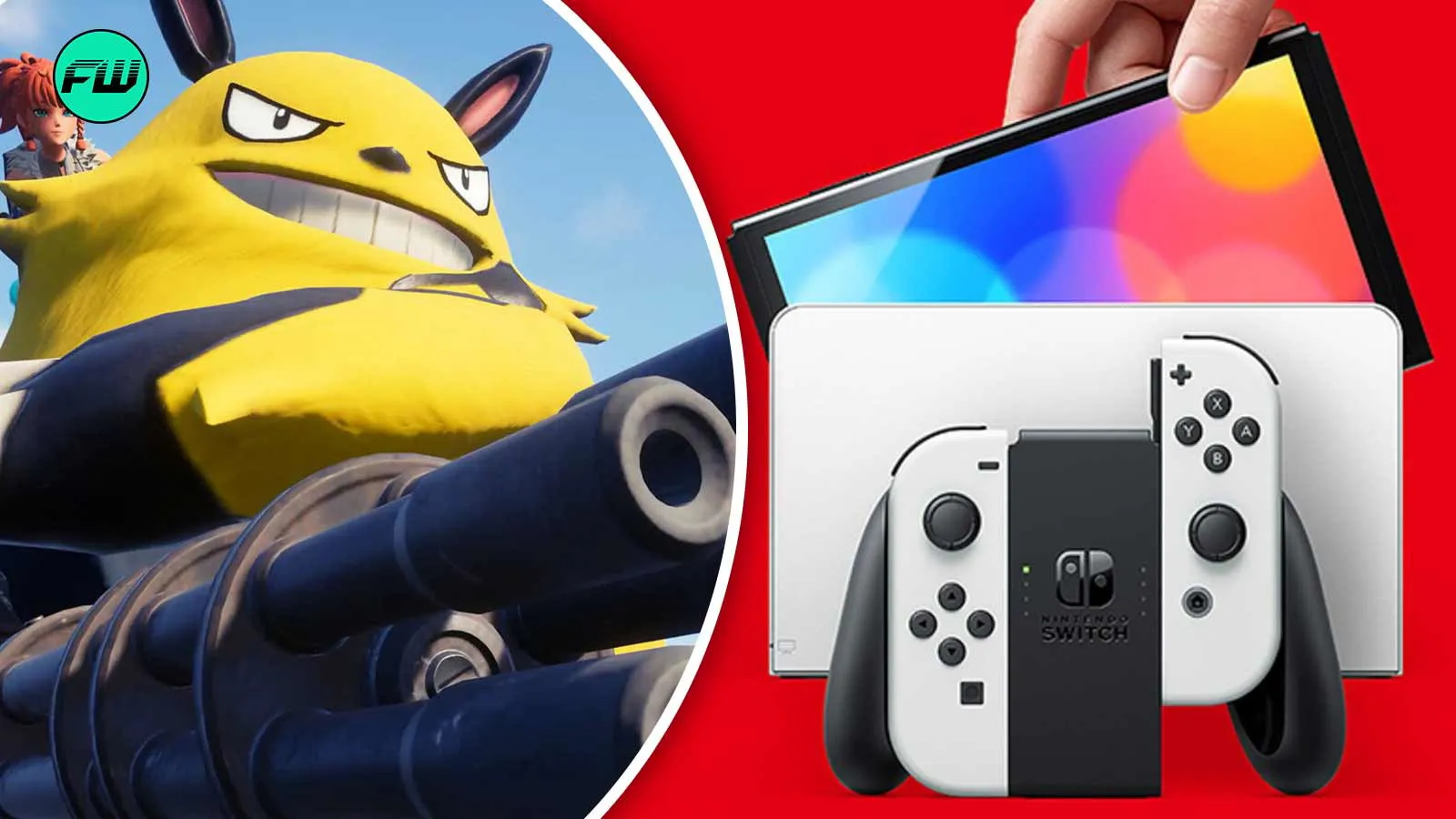Nintendo's Lawsuit Against Palworld: Is It Part of the Switch 2 Strategy?

Nintendo's lawsuit against Pocket Pair, the developers of Palworld, raises questions about its timing in relation to the anticipated Nintendo Switch 2 release. Nintendo has long been protective of its IP, and this case appears to be no different. The allegations center around patent infringement rather than traditional copyright claims, indicating a serious legal approach from the company.
The gaming community is watching closely as this lawsuit unfolds, especially with rumors surrounding the Switch successor. Analysts believe the console may launch as early as mid-next year, potentially amid competition from other gaming systems.
As Nintendo grapples with criticism for its handling of the Pokémon franchise, Palworld finds itself at the center of a legal storm that could, ironically, elevate its visibility. Despite accusations of being derivative, Pocket Pair is determined to continue its development trajectory.
Nintendo’s Protective Measures in a Competitive Landscape
In a market where imitation can lead to legal action, Nintendo's decision to sue over patent rights marks a significant moment in its branding strategy. Historically, the company has taken strong stances against unauthorized use of its intellectual properties. This latest move is designed to reassert its dominance and potentially draw attention to its upcoming console.
The Impact of the Lawsuit on Palworld
As Pocket Pair navigates this legal challenge, the future of Palworld hangs in the balance. Many in the community are concerned about the implications for innovation and competition within the gaming sector. With the impending reveal of the Switch 2, the stakes couldn’t be higher.
- Nintendo's lawsuit is strategic, aiming to maintain relevance.
- The gaming community remains divided on the implications for both companies.
- The timing aligns closely with speculation about the Switch 2.
The outcome of this legal battle will not only determine the future of Palworld but could also set significant precedents regarding game development and intellectual property rights in the industry.
This article was prepared using information from open sources in accordance with the principles of Ethical Policy. The editorial team is not responsible for absolute accuracy, as it relies on data from the sources referenced.